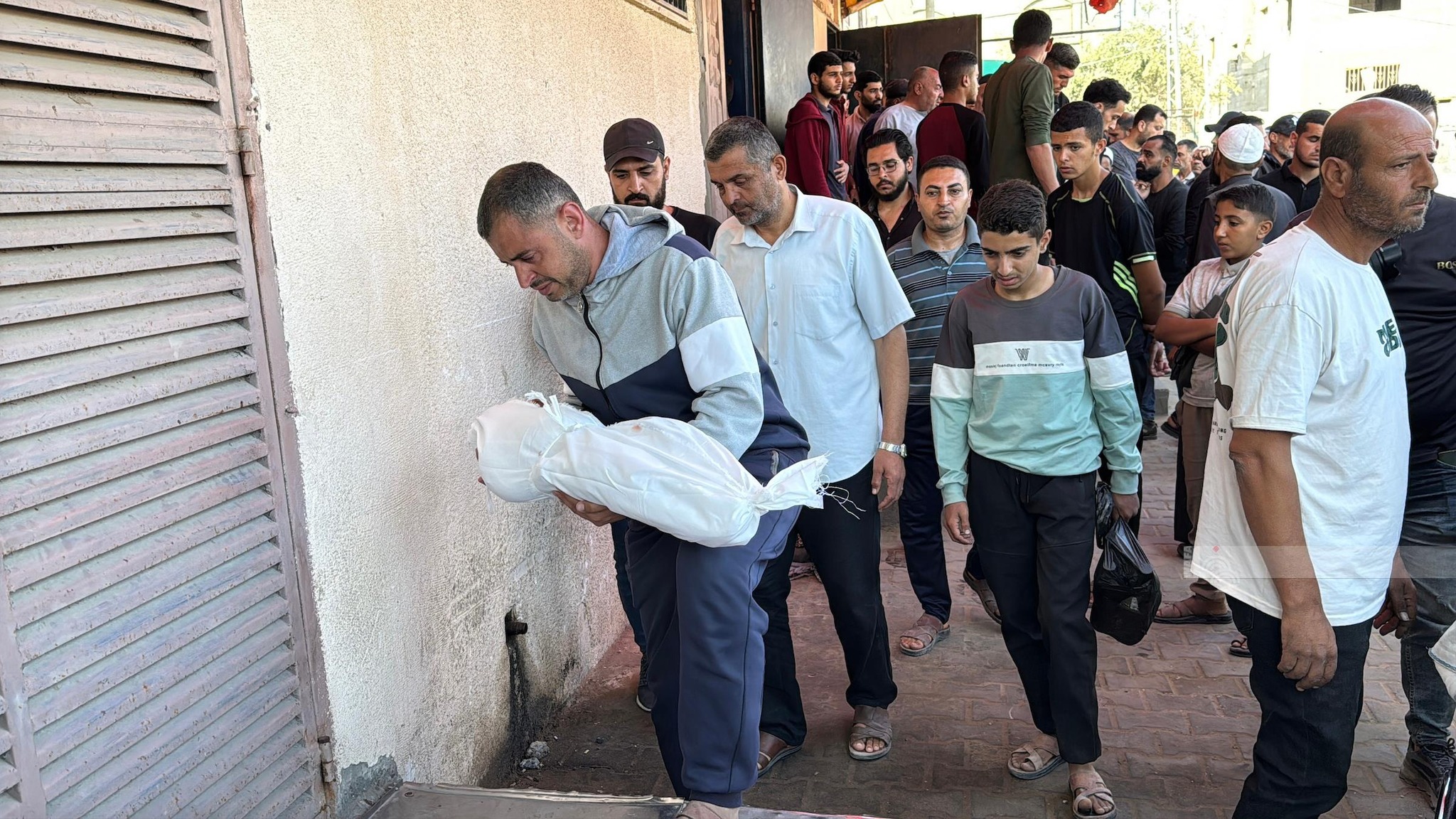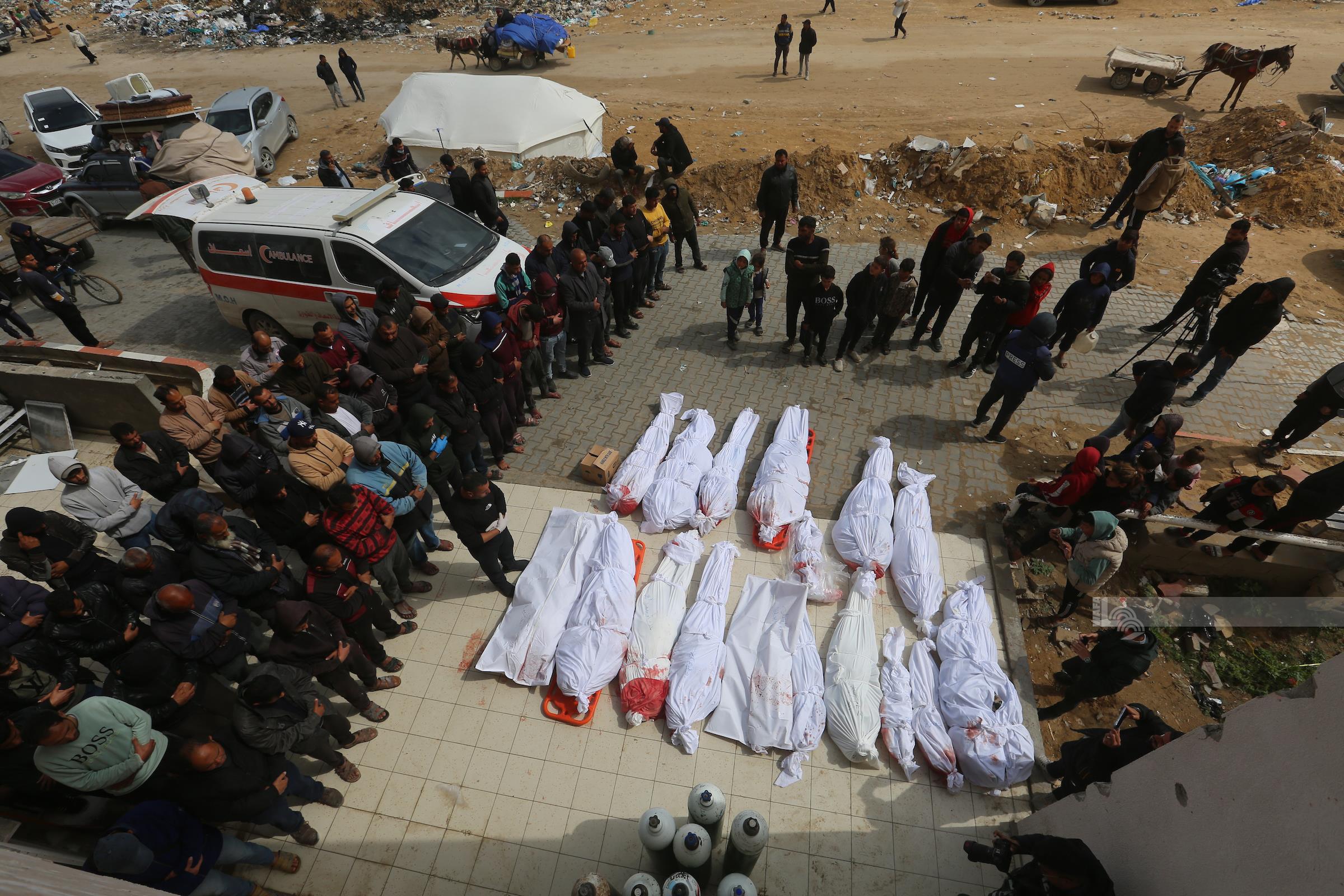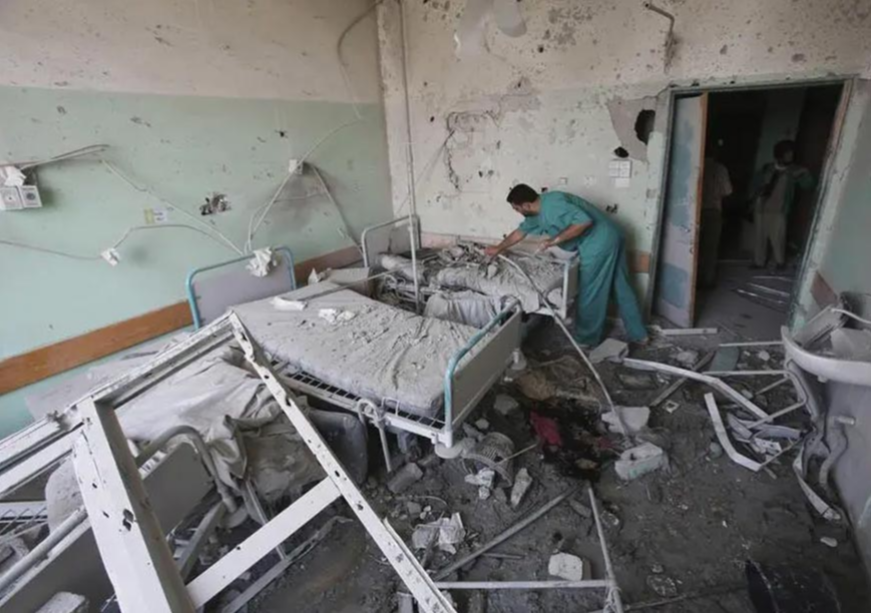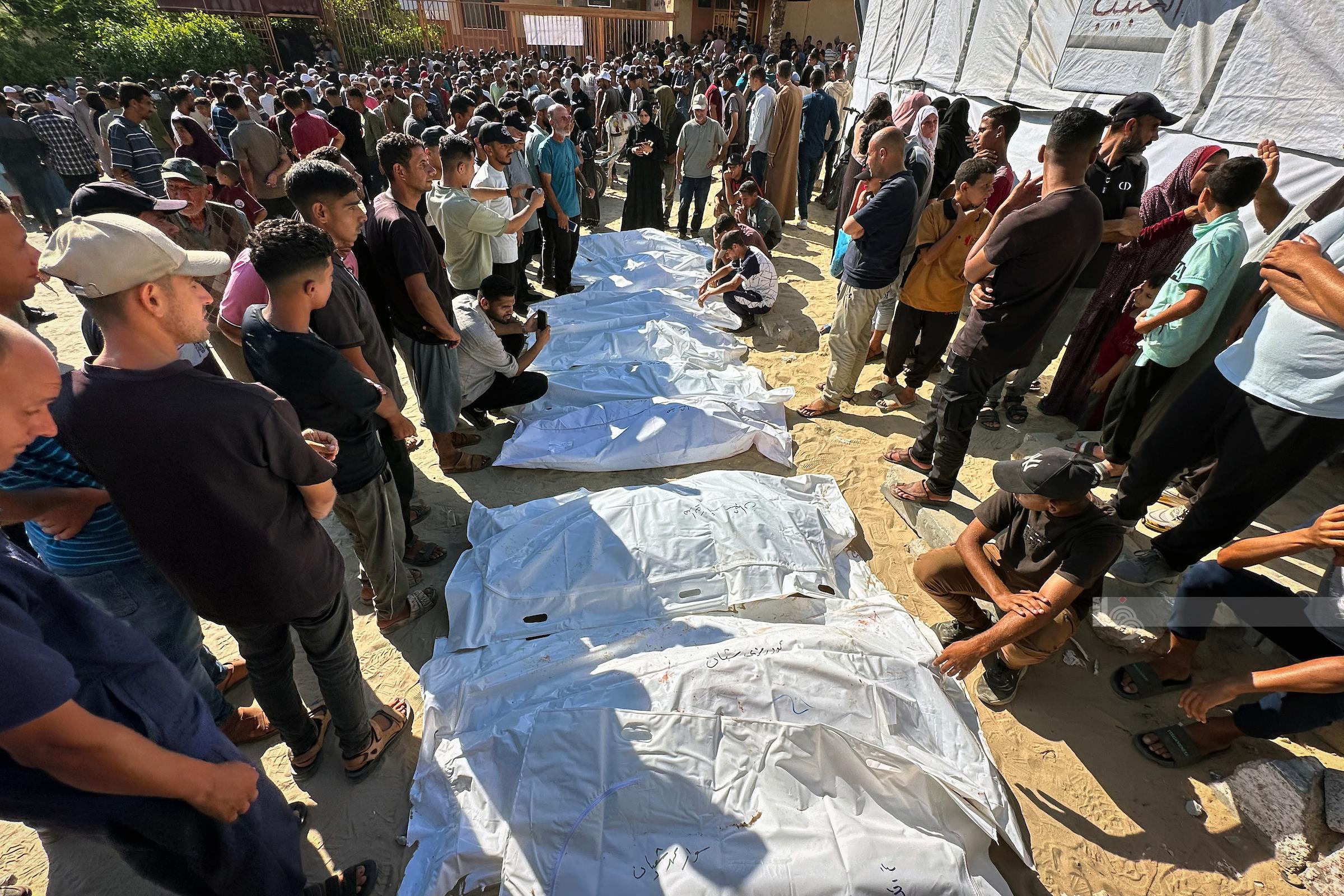JERUSALEM, December 15, 2015 (WAFA) –
Israeli authorities Tuesday notified the family of Bahaa Elayyan, who was
killed in an attack on a Jerusalem bus in October 2015, of orders to demolish
the family's house.
Elayyan was shot dead by Israeli police
on October 13, 2015, yet Israel plans to demolish his family house in the
neighborhood district of Jabal al-Mukabir in Jerusalem in revenge of the
attack.
The young man was fatally shot by Israeli
police after he reportedly attacked with a knife and a handgun passengers in an
bus in Jerusalem. The attack resulted in the injury of over 10 Israeli
settlers.
On October 6, 2015, Israeli police
demolished – in a punitive measure – the family homes of
three other Palestinians and sealed off another with cement in Jerusalem,
for their alleged involvement in attacks against Israelis.
B’Tselem, an Israeli human rights group,
says: “The people who bear the brunt of the [punitive] demolitions are
relatives – including women, the elderly, and children – whom Israel does not
suspect of involvement in any offense.”
“In the vast majority of cases, the
person whose actions prompted the demolition was not even living in the house
at the time of the demolition,” added the group.
“The official objective of the house
demolition policy is deterrence … yet the deterrent effect of house demolitions
has never been proven.”
It said that, “Since this constitutes
deliberate harm to innocents, it is clear that even if house demolition had the
desired deterrent effect, it would, nevertheless, remain unlawful.”
Amnesty International, argued that, the
Israeli authorities’ claim that such demolitions are effective in dissuading
potential attackers “is entirely irrelevant in the eyes of International
humanitarian law, which places clear limits on the actions which an occupying
power may take in the name of security, and the absolute prohibition on
collective punishment is one of the most important of these rules.”
“Collective punishment is never
permissible under any circumstances.”
M.N\M.H












